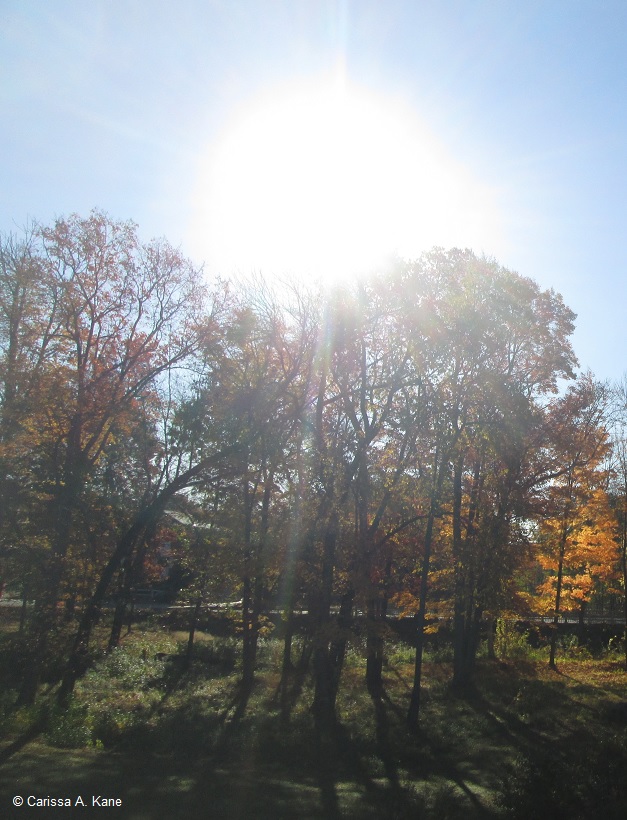Some days the clouds rise upward, an example of striving and reaching higher, as if believing in the best, for the best. Knowing better, doing better. On others though, they seem to drift across the sky, as if allowing themselves to be carried along in a somewhat orderly, but carefree kind of way. Maybe that’s good too.
There are also days when the clouds seem to sit in place, still as can be. Then there are ones where they seem to vanish entirely, leaving only a shade of blue or gray behind. Although perhaps tempting to toss these kinds of days, where the clouds seem less than what they can be, aside, they also hold a message or way of being that can be very much in need.
At the end of a week that saw the passing of Queen Elizabeth II, who signified an age and a large part of the history around the world, on the same day as the Feast of the Nativity of the Blessed Virgin Mary, and that leads into the anniversary of the September 11, 2001 attacks and tragic events, impacting so many around the world, the readings for the Twenty-fourth Sunday in Ordinary Time (Ex 32:7-11, 13-14; Ps 51:3-4, 12-13, 17, 19; 1 Tm 1:12-17; and Lk 15:1-32), remind us about the truth of how relevant and valued we are to God and each other.
With a heart and mind drawn to history, let’s focus on the first reading and the passage in the Book of Exodus in which Moses implores God to refrain from taking wrath against the Israelites who are falling away and have been worshipping false idols. We can see that Moses intercedes on their behalf by speaking the truth of their shared history with God and calling for that to take precedence. This is something he keeps returning to and keeps trying to remind others about, along the journey. Moses remembers aloud God’s promise of life—a long line of descendants—and a place to live—land as a perpetual heritage—to Abraham, Isaac, and Israel. This is not to say that the people who have gone astray can or should do whatever they want, but rather to highlight the importance and necessity of commitment to each other and God as well as for faithfulness to include interceding on behalf of others for what is truly good and just. It’s a real sense of “you are our God… we are your people… together, we belong to you and each other.”
God listens to Moses, considers what he has to say, and turns away from the wrath he had intended to do. Through it all, the key is that Moses holds onto the truth, we are all relevant and valued—and refuses to be separated from the Israelites or from God. It’s all about the attitude toward relationship and unity. A great example of how One can make a difference.
So, the question that repeats itself throughout the ages, regardless of what’s happening in the clouds or the landscape all around me is… Is my desire to be united with God and others greater than my desire for the things that ultimately serve mostly or only me? And, in what ways do I believe in and commit to the best, for the best?

The Lord said to Moses,
“Go down at once to your people,
whom you brought out of the land of Egypt,
for they have become depraved.
They have soon turned aside from the way I pointed out to them,
making for themselves a molten calf and worshiping it,
sacrificing to it and crying out,
‘This is your God, O Israel,
who brought you out of the land of Egypt!’
“I see how stiff-necked this people is, ” continued the Lord to Moses.
Let me alone, then,
that my wrath may blaze up against them to consume them.
Then I will make of you a great nation.”
But Moses implored the Lord, his God, saying,
“Why, O Lord, should your wrath blaze up against your own people,
whom you brought out of the land of Egypt
with such great power and with so strong a hand?
Remember your servants Abraham, Isaac, and Israel,
and how you swore to them by your own self, saying,
‘I will make your descendants as numerous as the stars in the sky;
and all this land that I promised,
I will give your descendants as their perpetual heritage.'”
So the Lord relented in the punishment
he had threatened to inflict on his people. – Ex 32:7-11, 13-14





